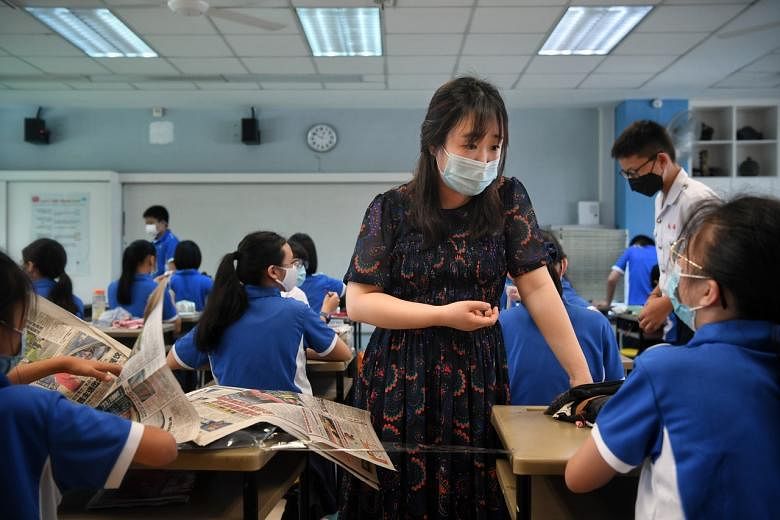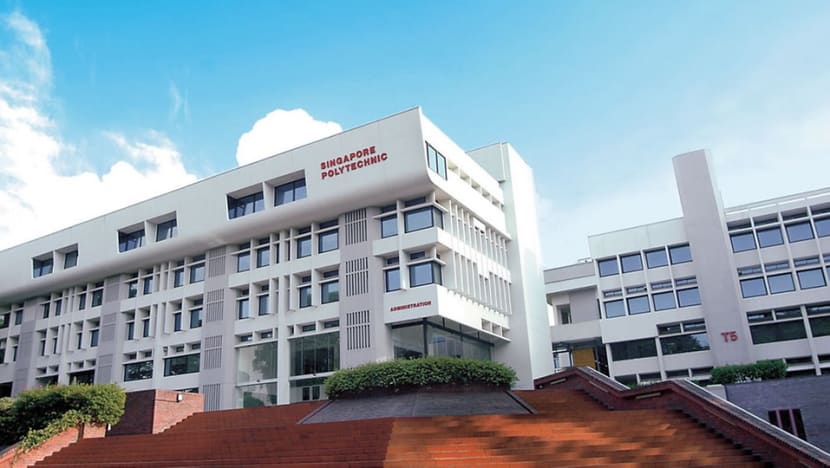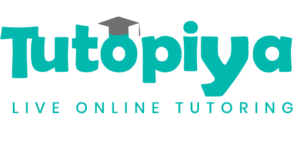The Singapore education system and the MOE syllabus is one of the widely talked about curriculums in Asia and the world. Singapore is also known for its Singapore Math, one that many countries have tried to replicate in their curriculum. There are many factors that contribute to this and we will break down in-depth 3 of the key factors.
3 Key factors why the Singapore Education and MOE syllabus is so good

(Source: https://www.straitstimes.com/singapore/number-of-teachers-from-abroad-has-nearly-halved-since-2011-moe)
1 – Well trained teachers in MOE syllabus
The reason why Singapore’s education system can be so successful is because of our well-trained teachers. Our teachers receive quality training prior to teaching in a mainstream school. Singapore has also established an institution just for our to-be teachers to go to, also known as the National Institute of Education.
It is no secret that all mainstream school teachers in Singapore have to go through 2 years of NIE. Furthermore, only the top 5% of graduating students qualify to enter teaching. Our teachers have to go through rigorous performance assessments to monitor their progress. Before they can become a teacher, they have to go through a series of attachments to schools and assessments. They will also need to be familiar with the MOE syllabus and what is expected of them when teaching the curriculum.
Therefore, our teaching staff has to be responsible and accountable for their teaching to ensure that they are able to deliver quality education to our younger generation.

(Source: https://www.channelnewsasia.com/singapore/chan-chun-sing-moe-diversity-schools-education-2115116)
2 – MOE syllabus focuses on teaching specific subjects and problem-solving skills
The Singapore MOE curriculum focuses on teaching specific subjects in depth rather than in width. The MOE curriculum ensures students build a strong knowledge base from the early years of education. The curriculum is also structured and designed to encourage students to perform critical thinking and problem-solving skills daily in school.
The Singapore MOE syllabus also encourages students to pursue creative thinking in class with practical real-life problems. The ultimate goal of the MOE syllabus is to build students’ problem-solving skills, creativity, and critical thinking to help solve challenging problems faced in the modern world. The curriculum prepares students to be strong in theoretical knowledge and be world-ready leaders.

(Source: https://www.channelnewsasia.com/singapore/polytechnic-ite-higher-nitec-review-internship-2420101)
3 – Differentiated learning pathways
The Singapore MOE syllabus and curriculum provide students with differentiated learning pathways that suit their learning needs and style.
Singaporean children have to go through compulsory primary education in Singapore typically from age 7 to 12. Then, it will lead them to their secondary education where they will be streamed into various different standards, namely the Technical, Academic, and Express stream.
These different streams are meant to cater to the student’s specific learning needs where they can study at a pace that is comfortable for them. There are different pathways such as the Institute of Technical Education, Polytechnic, and Junior College.
The duration takes to reach university is different with each of the differentiated learning pathways. It will take approximately 5 to 7 years for students in ITE to reach university. 3 years for polytechnic students, and 2 years for Junior College students.
Read also: Singapore School System: The Stages of Education
The purpose of having so many differentiated pathways is to prevent isolation and offer all students a platform to perform their studies at their own pace. The Singapore MOE understands and accepts that each student learns differently and has specific unique strengths. Thus, all these pathways can lead students to a university and achieve their educational goals at their own pace. This offers all students an equal opportunity in the real world.
In conclusion, the Singapore education system owes its success to our forefathers. Our forefathers believed that education is the key to a thriving society and nation. They also believed every child deserved an equal opportunity with education.

